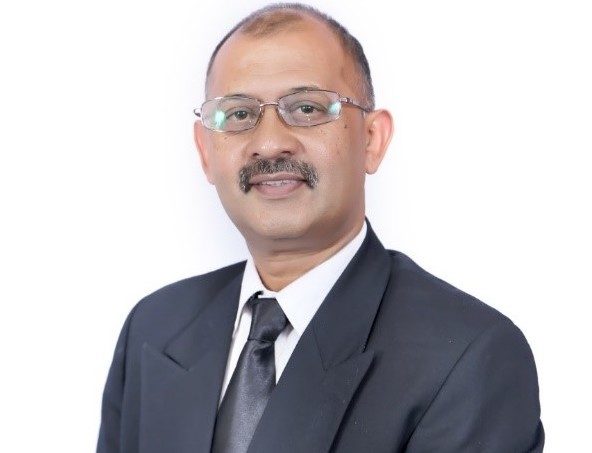The SABPP is the professional body for HR practitioners in South Africa.
In the coming weeks and months, we will be chatting to all the HR Indaba partners, asking them why they are excited about the event and what they believe are the most important issues facing the profession. In this article, we speak to Naren Vassan, the head of learning and quality assurance at the SABPP.
What is the SABPP? How long has it been around and why was it formed?
The SA Board for People Practices is the professional body for HR practitioners in South Africa, as well as the quality assurance body for HR learning provision. SABPP was founded in 1982 and will be 36 years old this year. In 2012 its status as professional qualifications and standards body was entrenched after it secured recognition by the South African Qualifications Authority (SAQA). This paved the way for SABPP HR professional’s qualifications on the National Learner’s Record Database.
[chro-cta slug=hr-indaba-cpd-tv]
Why has the SABPP signed up as an HR Indaba Partner and why should attendees look forward to seeing you at the event?
Attendance will provide networking opportunities with like-minded people that have the capacity to influence business towards better HR practices as well as providing suggestions to the government. This will lead to the creation of alliances, which address HR-related challenges and provide solutions for the betterment of the country as a whole. Through these alliances, knowledge and skills will be shared in order to ensure consistency across the profession. Attendance will also create a platform to share SABPP practices such as the setting of HR standards and the conducting HR audits.
What do you believe is the biggest challenge facing the HR profession at the moment?
There are quite a number of challenges, many of them related to or stemming from the fact that there are too few South Africans at work. There is a low level of competency coupled with a poor education system to the extent that, instead of moving and adapting with technology advancements, the country is still lagging behind in even updating the current curriculum to the required standard. As result of these factors, there is a lack of understanding of the depth of HR, particularly with regard to learning and development where professionals need to make themselves familiar with the latest tools or risk falling behind. Organisations need to embrace innovation and learn new technology because we are now living in a world whereby technology is constantly changing and companies must be quick to adapt to changes to avoid being left behind by their competitors.
There is also inconsistency in making decisions and communicating thereby leading to professionals not complying with the laws and regulations. Lastly, most organisations are struggling to retain or acquire talented employees due to the economic challenges and therefore making them unable to budget for employee benefits. To ensure stability, employees need assurance but most companies do not budget for this because it’s a cost to the company.











